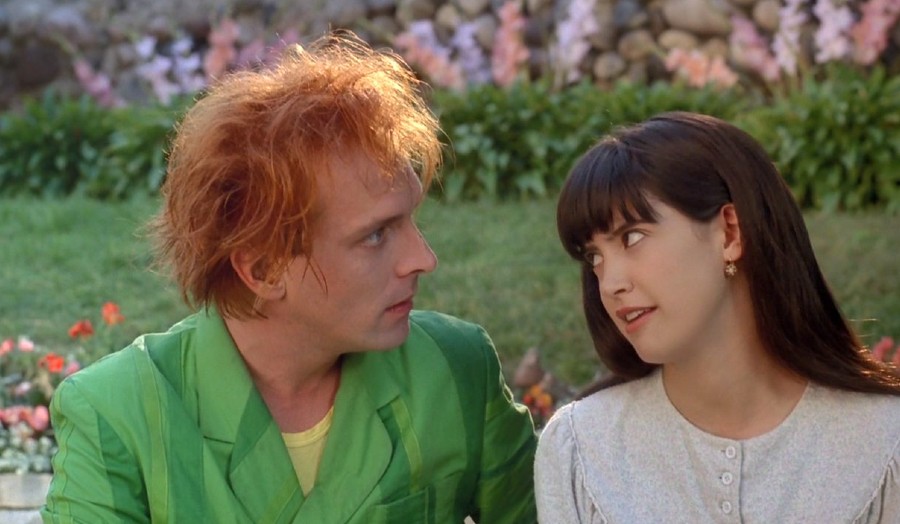Imaginary friends are what get the majority of us through childhood, and have inspired countless films and television shows, think Drop Dead Fred and Happy!
Did you have an imaginary friend? If so, what happened to them? If statistics are true, and two-thirds of us have had one at some point in our childhood, why is it that we don’t remember them, or for that matter keep them?
If it wasn’t for our parents being the keepsakes of our invisible buddies, it seems we wouldn’t remember them at all. Recent studies into the phenomenon, have found that imaginary friends start around the age of 2 and last until the age of 7. Some are constant companions, others pop up now and then.

Some have names and particular characteristics, some are human, some take the form of aliens, reptiles, and even anthropomorphized animals, dolls, and special objects, while others chop and change as often as your child’s emotional mindset. Some even go on to create a paracosm: an entire world with a landscape, history, and native occupants.
But are they real or imaginary? That really depends on who you ask. The status quo seems to support the idea that an imaginary friend is a psychological phenomenon where a friendship takes place in the imagination rather than in physical reality.
Most spiritual teachers and psychic mediums will say yes, they are real. Science leans toward the notion that if you can’t touch it or see it, it can’t be real. However, both believe that it’s a healthy natural tool to help navigate your way through the formative years and sometimes a little beyond.
Psychic Medium Rebecca Rosen has served as a conduit between the spiritual world and our day-to-day world, and believes that imaginary friends are metaphysical guides. “Yes, they are real. Our invisible friends are actually spirit guides or guardian angels who come to visit us”.
She believes that children up until around the age of 5 are very open to that form of communication and that imaginary friends make up a part of their ‘team spirit.’
Not unlike a metaphysical life coach, or a really smart compassionate friend offering up inspiration, advice or some general comfort in times of loneliness, or boredom, an imaginary friend can be pretty helpful.
Dr. Evan Kidd, from the Australian National University, says that the phenomenon is largely misunderstood. He believes having imaginary friends is normal and associated with very positive outcomes.
When it comes to the benefits, he says, children’s imaginary friends are a normal part of child development and are one way for children to express a very common and important behaviour – play.
“What is most important is for people to understand the importance of play in general, whether it’s inventing an imaginary friend or other types of play – from physical play (e.g., playing on equipment at the park) to socio-dramatic play (e.g., pretending to be someone else). Play is a very important part of childhood, and is associated with many positive outcomes, from healthy physical development to language to healthy socio-emotional development. However, because it’s something that we see as something kids ‘just do’, we sometimes overlook its value.”
Given an imaginary friend is a very private experience for a child, he doesn’t think it’s possible all children have them. However, it is extremely common for firstborn children to have an imaginary buddy.
“Inventing an imaginary friend requires the right conditions. For example, they are much more common in firstborn and only children, who probably invent them because they have enough time away from other kids in order for a character to emerge (note that they’re not alone – they have their friend! And research shows that these children typically have just as many real friends as kids with siblings). Children lower in the birth order might be just as creative and enjoy play just as much, but because they have real siblings to play with they tend to invent imaginary friends less (unless they have a big age gap). And of course, some children prefer different types of play activities that don’t involve fantasy, just like as adults some of us prefer to watch documentaries and some of us prefer to watch fantasy-oriented film and television.”
Imaginary or not, it begs the larger question: What is Imagination?
i hate when kids have imaginary friends cus what tf do u mean she’s behind me?
— ken 🌙 (@ken__faith) September 21, 2022


